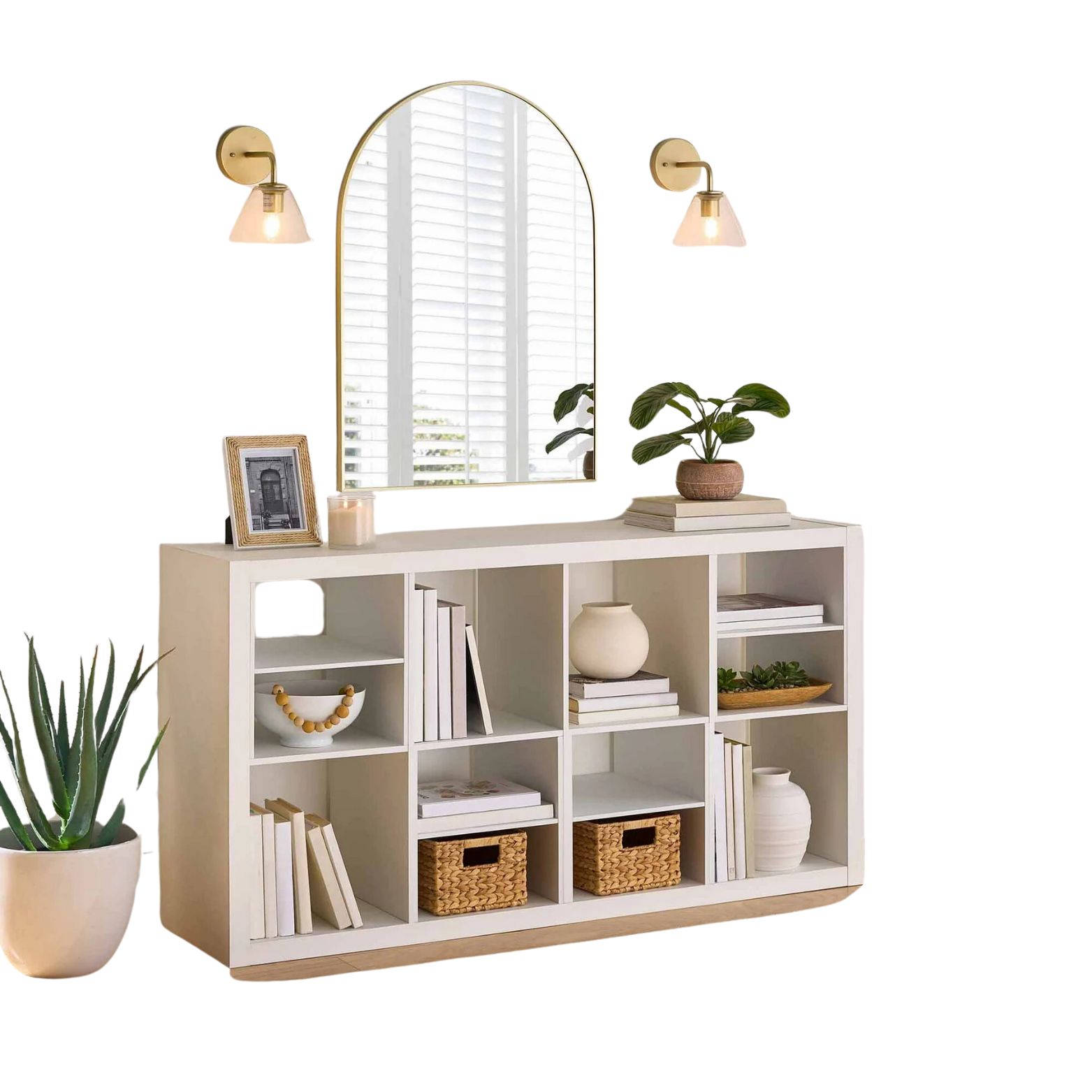3 Decluttering Non-Negotiables That Professional Organizers Urge You to Always Stick To
These tips and tricks will change your mindset towards junk to help break your clutter-keeping habits at their core
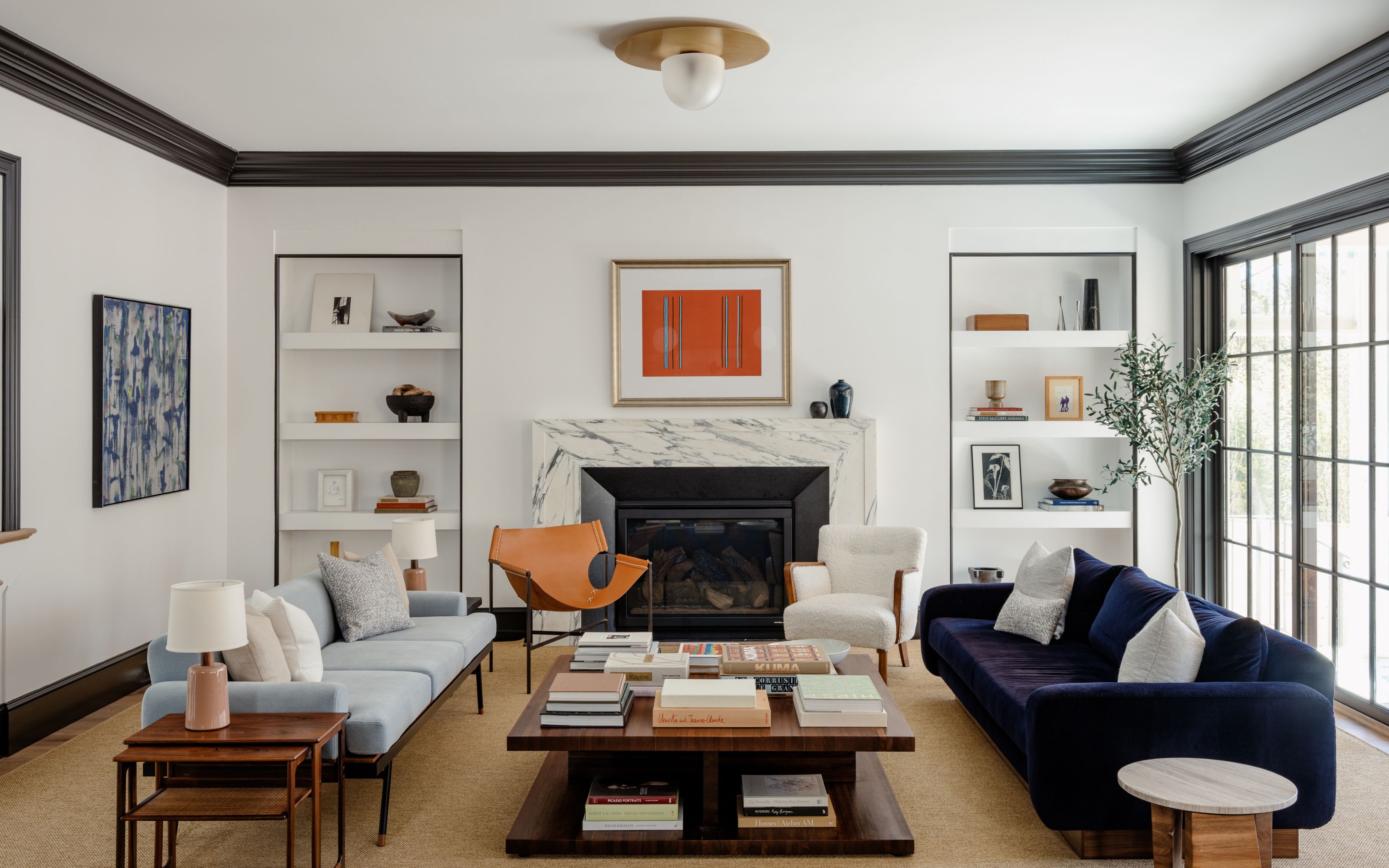
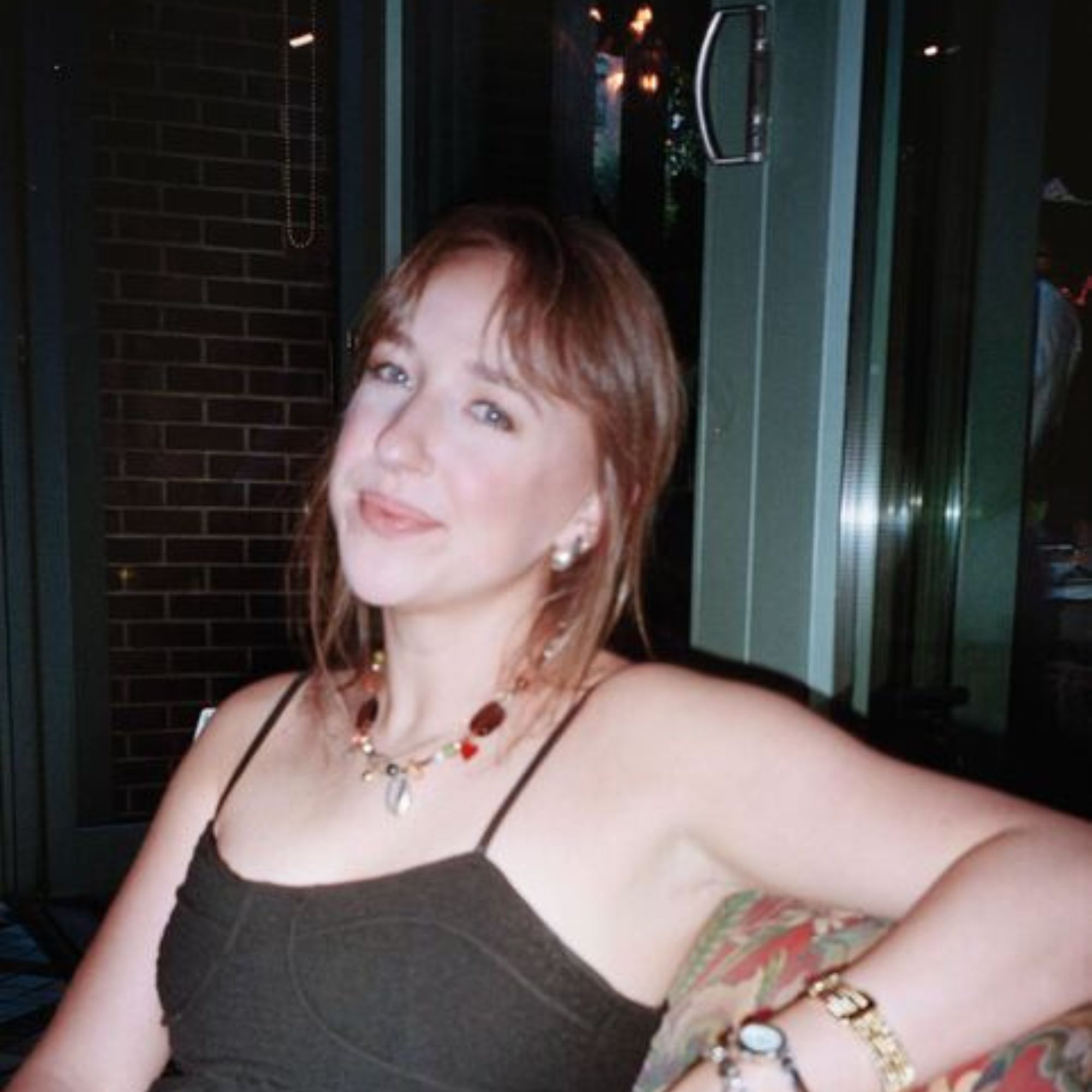
It's that time of year again. As summer draws to a slow close, we begin to pack away our light, airy linens and bright-colored decor and reach into our storage closets for the cozy throw blankets and autumnal tableware. But with the changing of seasons comes the unavoidable realization that over the course of a few months, we have accumulated a lot of stuff. It is time to declutter.
Knowing how to declutter your home is necessary, but intimidating nonetheless. Deciding what to let go of when decluttering and choosing what to keep is the hardest part of the job, and we often become our own worst enemies by allowing ourselves to unreasonably justify holding onto stuff. The trick is to adopt a committed mindset that will help break your clutter habits at their core. When your home is mess-free it can better serve its purpose as a cozy haven for you and whoever you may share it with.
Decluttering professional and owner of Spatial Awareness, Tessa Hughes, shared on her Instagram that rather than following oversaturated "decluttering rules", she likes to instead prescribe to a list of philosophies or mindsets that help keep her home peaceful and easy to maintain. She calls them the decluttering "non-negotiables", and here are three you ought to know.
1. Trash is Trash
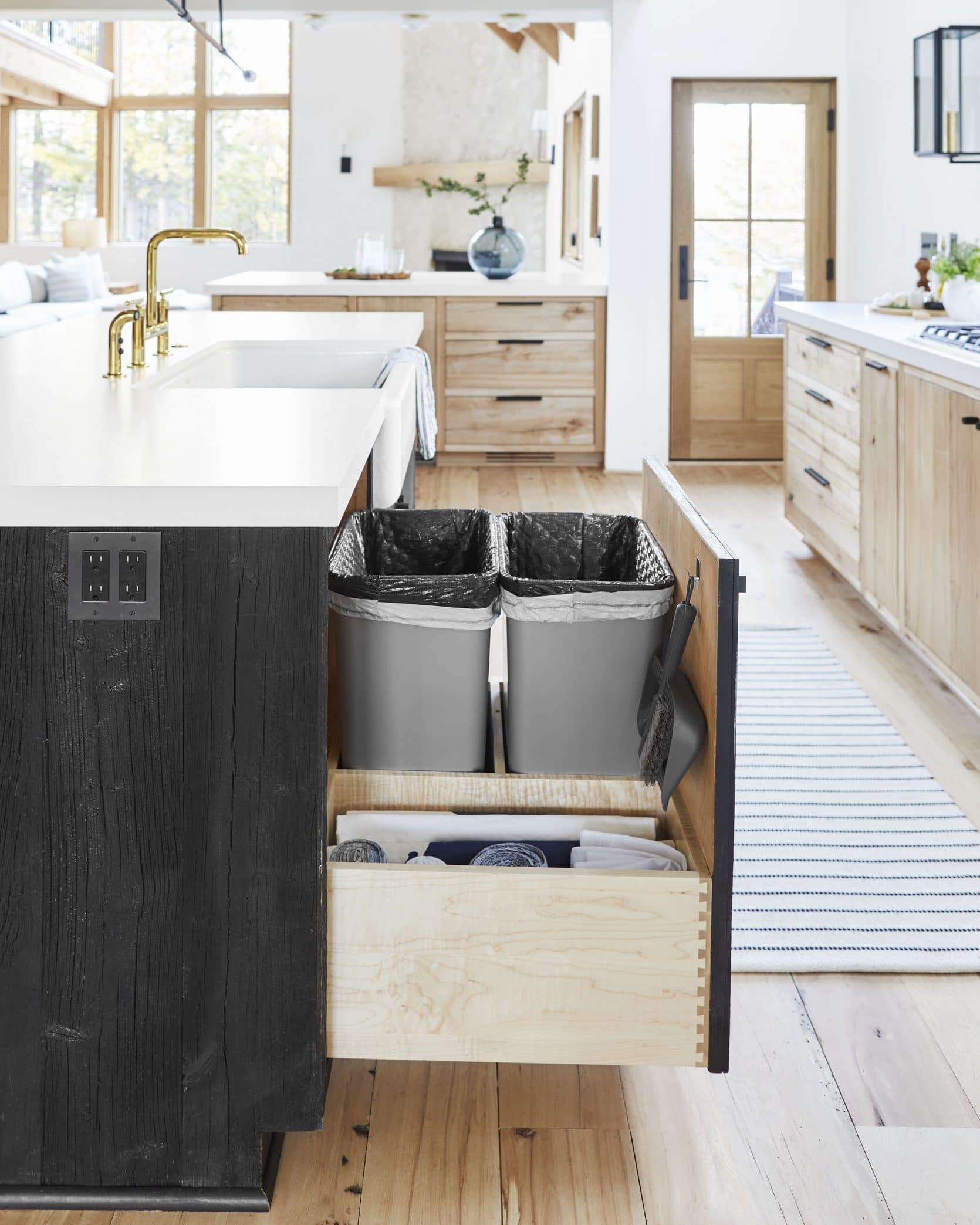
The meaning of "trash" seems obvious, does it or not? Well, you'd be surprised how many of us hold on to broken stuff just because we vow to fix it (although we never do). Tessa Hughes urges us to declutter ruthlessly by remembering the simple line that "trash is trash".
"If something is broken or used up, it's best to dispose of it right away rather than trying to rescue it or create a project out of it," she says. "I realized that it is not likely I will have an extra two hours to complete all these miscellaneous crafts any time soon. Once I came to grips with reality, I let go of the items and instantly felt better."
Deciding what items to throw away while decluttering can be tricky, but if it can be labeled as trash in any way, then it doesn't belong in your home. Taking a ruthless approach to trash might be tricky, especially when being sustainably conscious is on all of our minds, but keeping trash in the hopes of turning it into a craft project is detrimental to keeping a clutter-free home.
Professional organizer, Lucy Wahl, also encourages us to accept trash for what it is -something we just need to dispose of. "I don't decide whether or not to declutter something based on how I have to dispose of it," she says. "You can't hold onto things just because you do not want to add them to the landfill."
2. Your House Should Serve You (not the other way around)
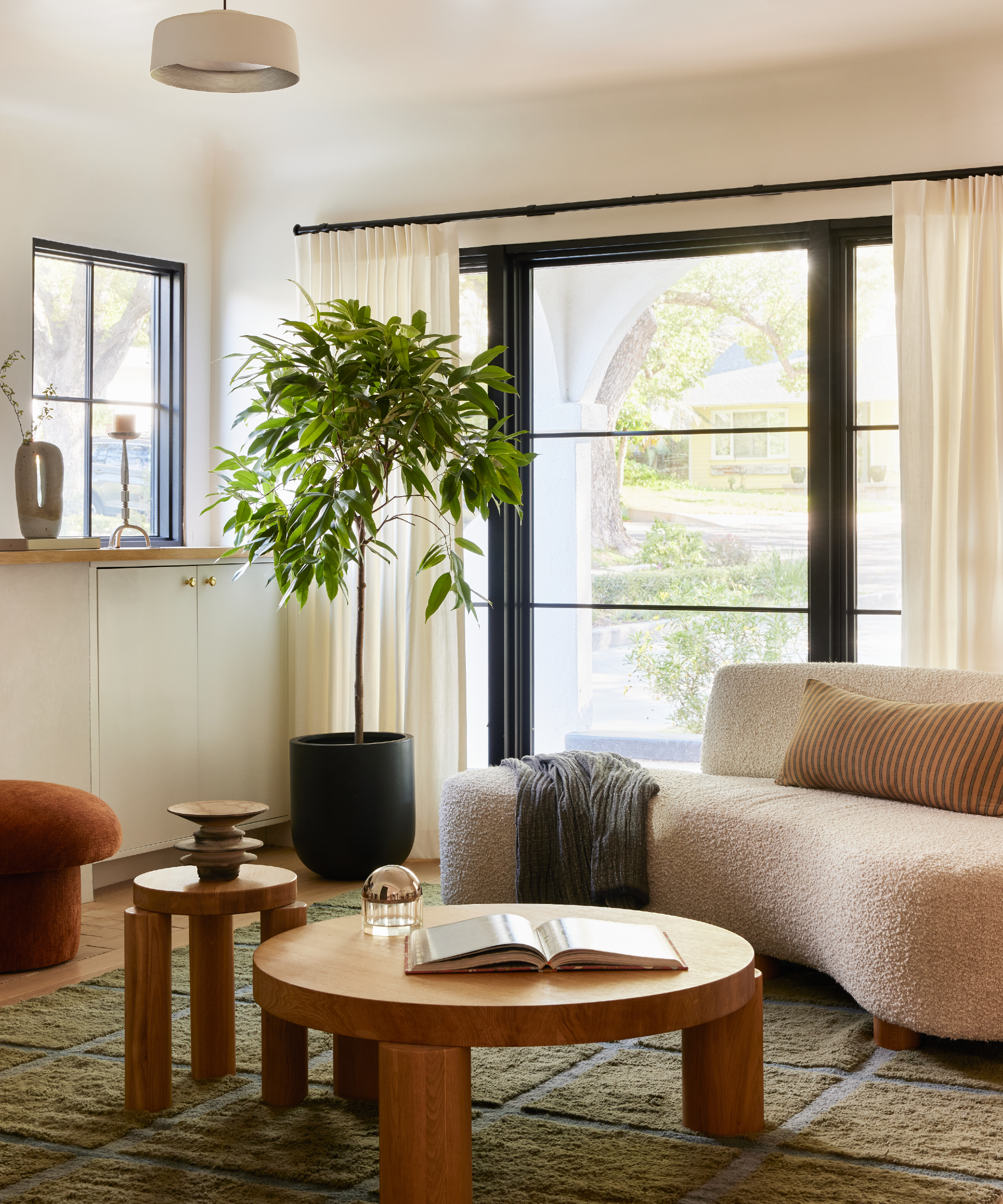
Before you start decluttering, remember that our homes are built for us and our needs, so we shouldn't feel enslaved to them. "My house serves me, not the other way around," explains Tessa. "Your house should be the backdrop for memories, downtime, and possibly work. What it should not be is a part-time job that takes hours or days to manage and upkeep, robbing you of time for other more important things."
When you come home at the end of a long day, the last thing you want to feel is an anxious pressure coming from the pile of clutter in the corner nagging you to tidy up. Instead, your home should have a streamlined system to help you organize, with plenty of storage solutions that make it easy to stay on top of your stuff.
Being aware of how your home can best serve you will help guide positive shopping habits when it comes to the things you introduce into your home, too. "This is a philosophy I keep in the back of my mind that frames how I think about all my purchases, from what utensils I keep in my kitchen, to what furniture I buy for my home," she says.
3. Function first
Keeping in mind that function is first is probably the decluttering philosophy that I love the most. Putting function first looks like prioritizing what needs to be in a space based on what you use the most. As Tessa says: "If clutter is getting in the way of functionality, the clutter has to go!"
Before you buy into the latest decor fad or the latest organization brands, take a look at your existing set-up. "If you cannot access your blender because there are four other appliances jammed into the cupboard (making it difficult to access what it is I truly need), then it is time to declutter," explains Tessa. Try and differentiate what you always find yourself reaching for versus what is currently gathering dust.
This is not to say that continually cutting back is easy - sometimes organizing on a busy schedule seems impossible - but Lucy offers a solution to this conundrum. "I declutter anything that is not part of my current life," she says. "Keeping around things from past jobs, past hobbies, past clothing sizes, or habits, keep us stuck in the past and prevent us from growing into future versions of ourselves."
Adopting positive mindsets and productive philosophies is the best way to achieve a clutter-conscious home. Keeping these non-negotiables in mind as you welcome in fall is the perfect way to create a space you feel comfortable in, whether that means purchasing new, practical items or clearing out the old.
Inspiration to Get You Started
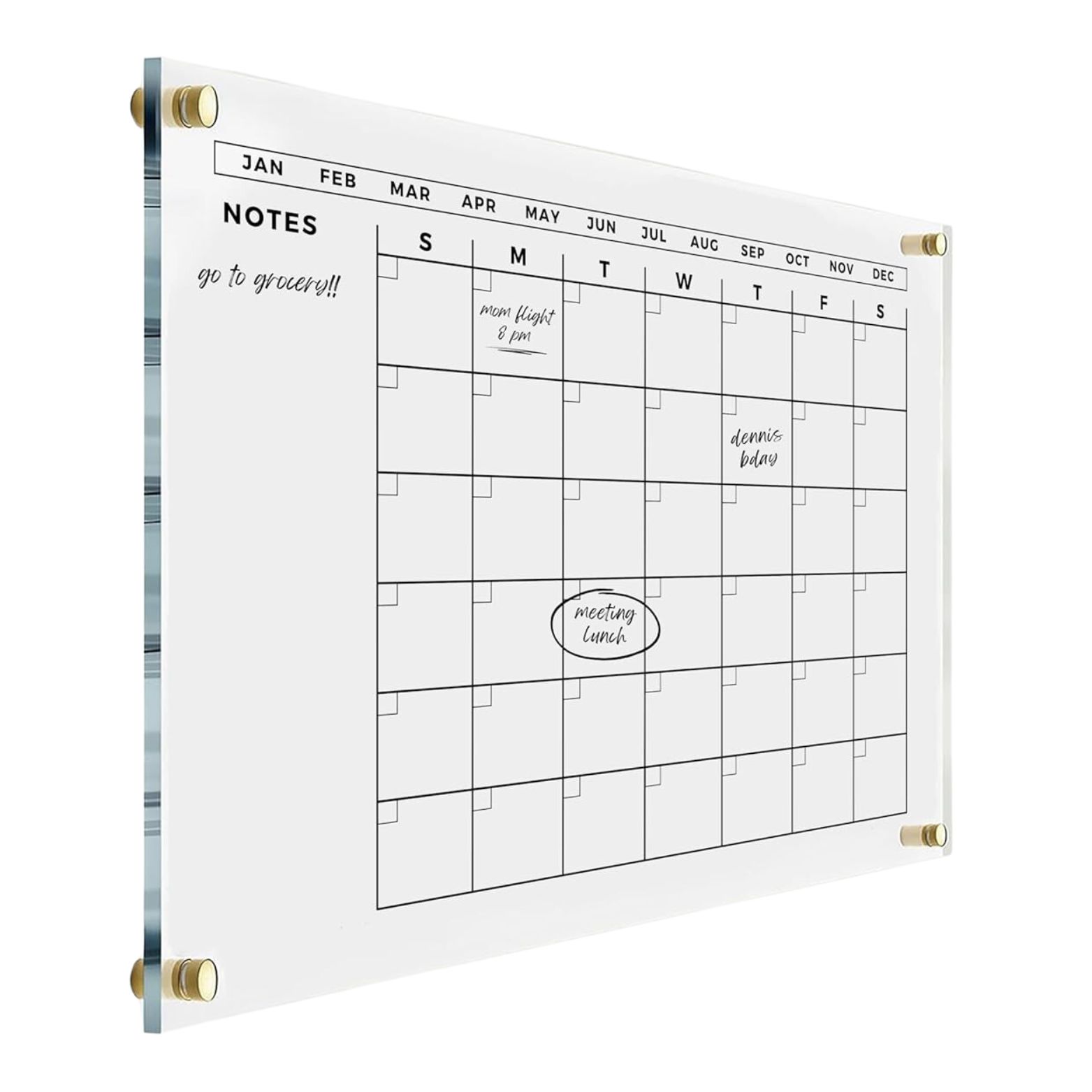
Price: $69.90
Size: 28" x 20"
This acrylic wall calendar is the perfect way to keep your organization goals clear and fresh on your mind. Plus, it adds an interesting visual element to your wall space!
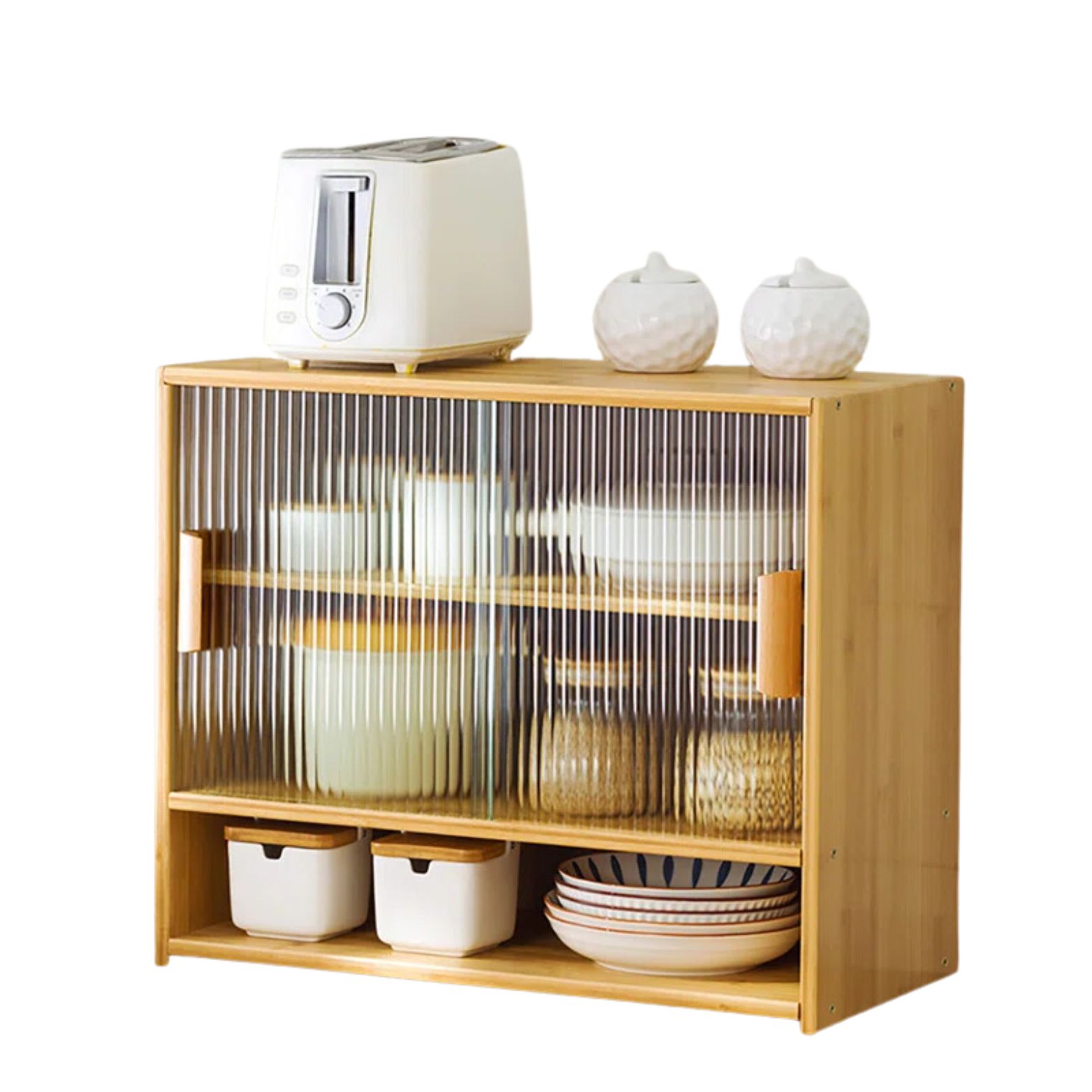
Price: $70.99 (was $85.99)
Material: Bamboo, Manufactured Wood
If your space lacks good storage, chic shelving like this example can elevate your space while still giving you more room to store your things. Buying additional, smaller organizer to fit into the shelving (as shown) is the best way to stop the storage unit from becoming too cluttered.
Be The First To Know
The Livingetc newsletters are your inside source for what’s shaping interiors now - and what’s next. Discover trend forecasts, smart style ideas, and curated shopping inspiration that brings design to life. Subscribe today and stay ahead of the curve.

Olivia Wolfe is a Design Writer at Livingetc. She recently graduated from University of the Arts London, London College of Communication with a Masters Degree in Arts and Lifestyle Journalism. In her previous experience, she has worked with multiple multimedia publications in both London and the United States covering a range of culture-related topics, with an expertise in art and design. At the weekends she can be found working on her oil paintings, reading, or antique shopping at one of London's many vintage markets.
-
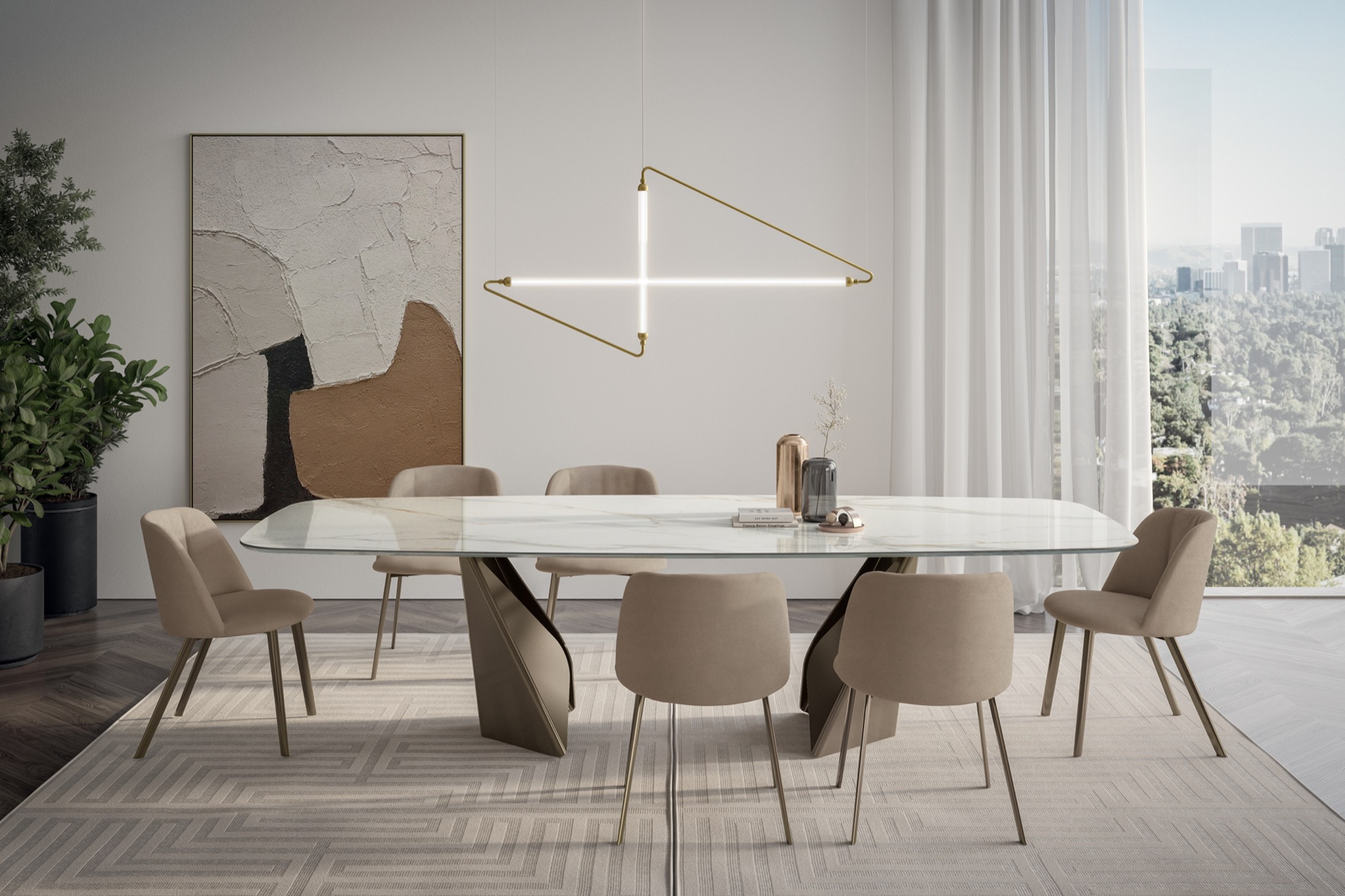 My 10 Favorite Designs at Milan Design Week 2025 — Out of the Hundreds of Pieces I Saw
My 10 Favorite Designs at Milan Design Week 2025 — Out of the Hundreds of Pieces I SawThere is a new elegance, color, and shape being shown in Milan this week, and these are the pieces that caught my eye
By Pip Rich
-
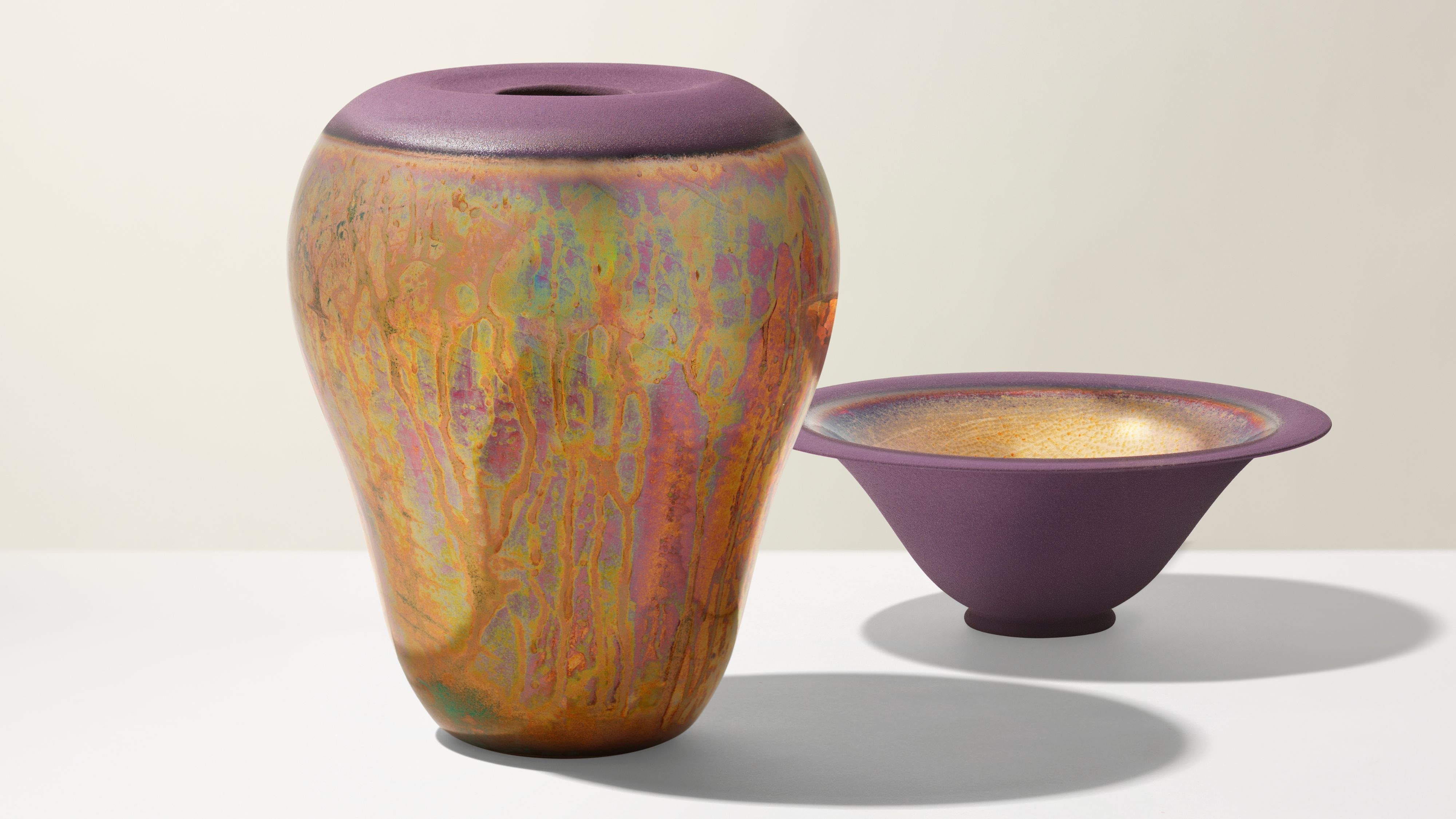 Iridescence Is Chrome’s More Playful, Hard-to-Define Cousin — And You're About to See It Everywhere
Iridescence Is Chrome’s More Playful, Hard-to-Define Cousin — And You're About to See It EverywhereThis kinetic finish signals a broader shift toward surfaces that move, shimmer, and surprise. Here's where to find it now
By Julia Demer
-
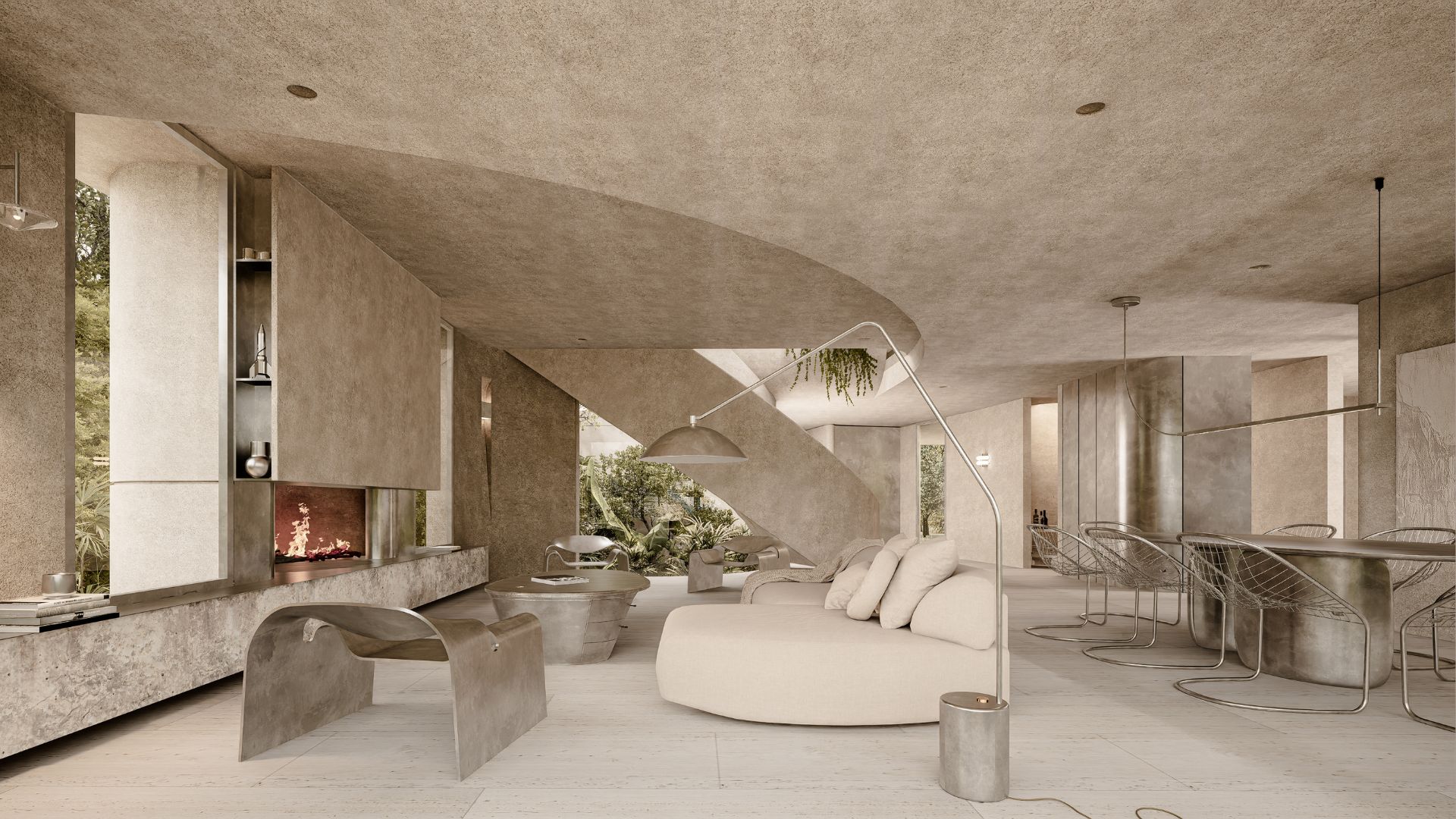 The 52 Weeks Decluttering Challenge Is a Year-Long Process to Tidying Your Home — Here's How to Complete It
The 52 Weeks Decluttering Challenge Is a Year-Long Process to Tidying Your Home — Here's How to Complete ItIf you appreciate an in-depth, detailed approach to home organization, this 52 week challenge will help you maintain a consistently tidy living space.
By Amiya Baratan
-
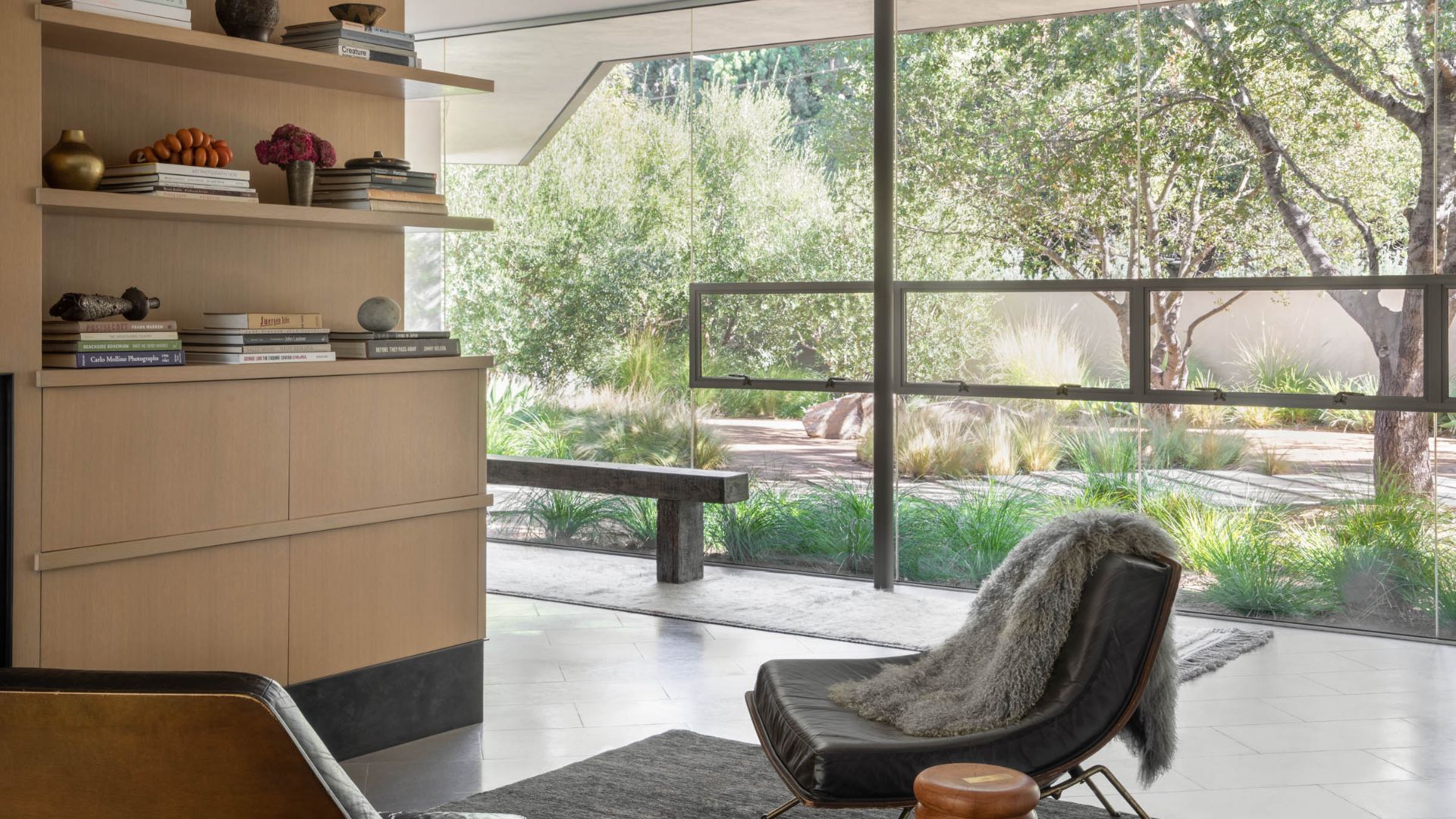 6 Ways Professional Organizers Declutter to Downsize — These Expert Tips Are Perfect for Starting Over
6 Ways Professional Organizers Declutter to Downsize — These Expert Tips Are Perfect for Starting OverWhether you're relocating into a new home or simply following the new year, new me mantra, these tips will make cutting clutter a breeze
By Amiya Baratan
-
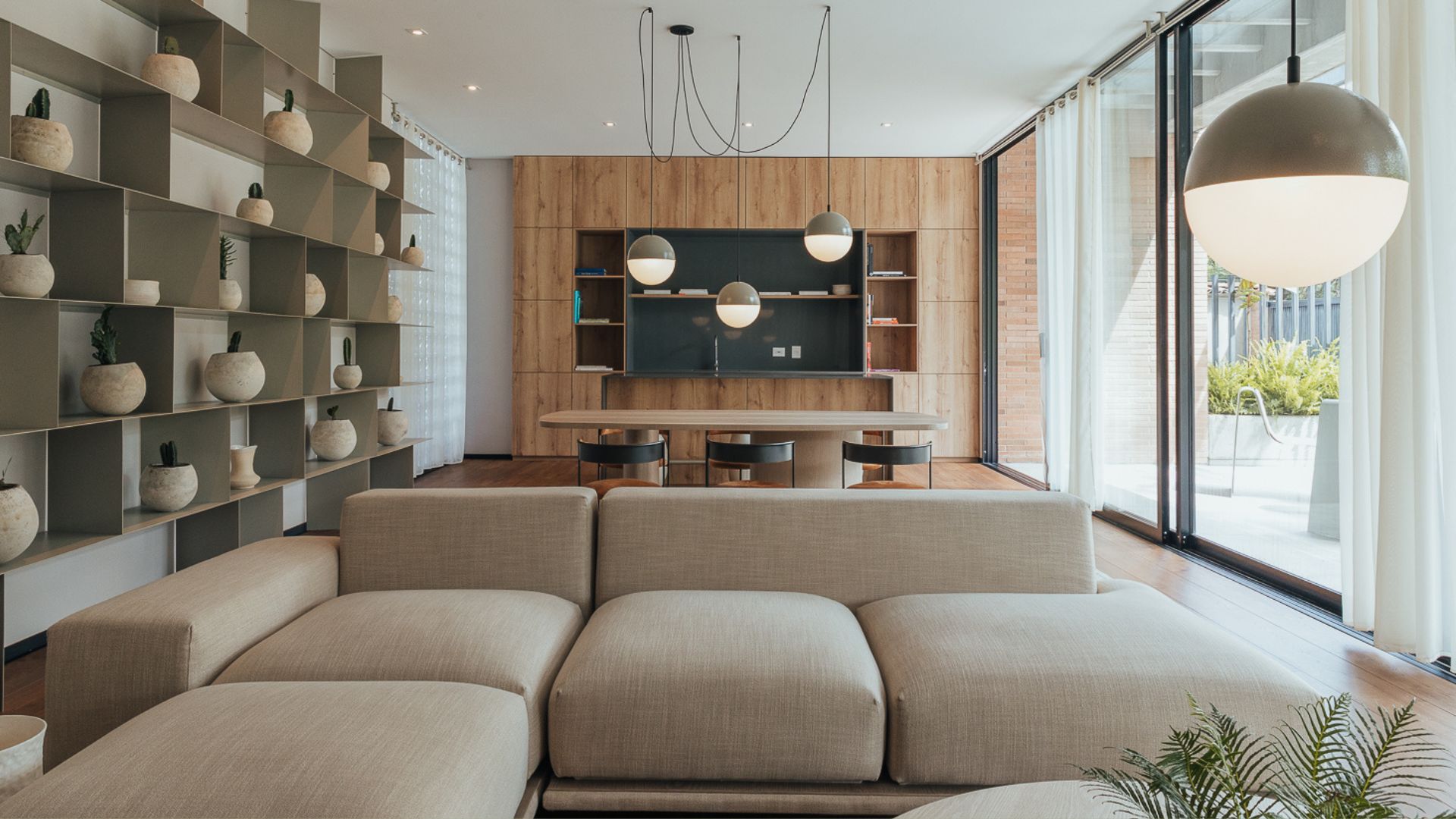 I Tried the Week-By-Week Decluttering Challenge — And Here's What I Learnt About My Home
I Tried the Week-By-Week Decluttering Challenge — And Here's What I Learnt About My HomeTransform your space by taking on this easy-to-follow challenge
By Ciéra Cree
-
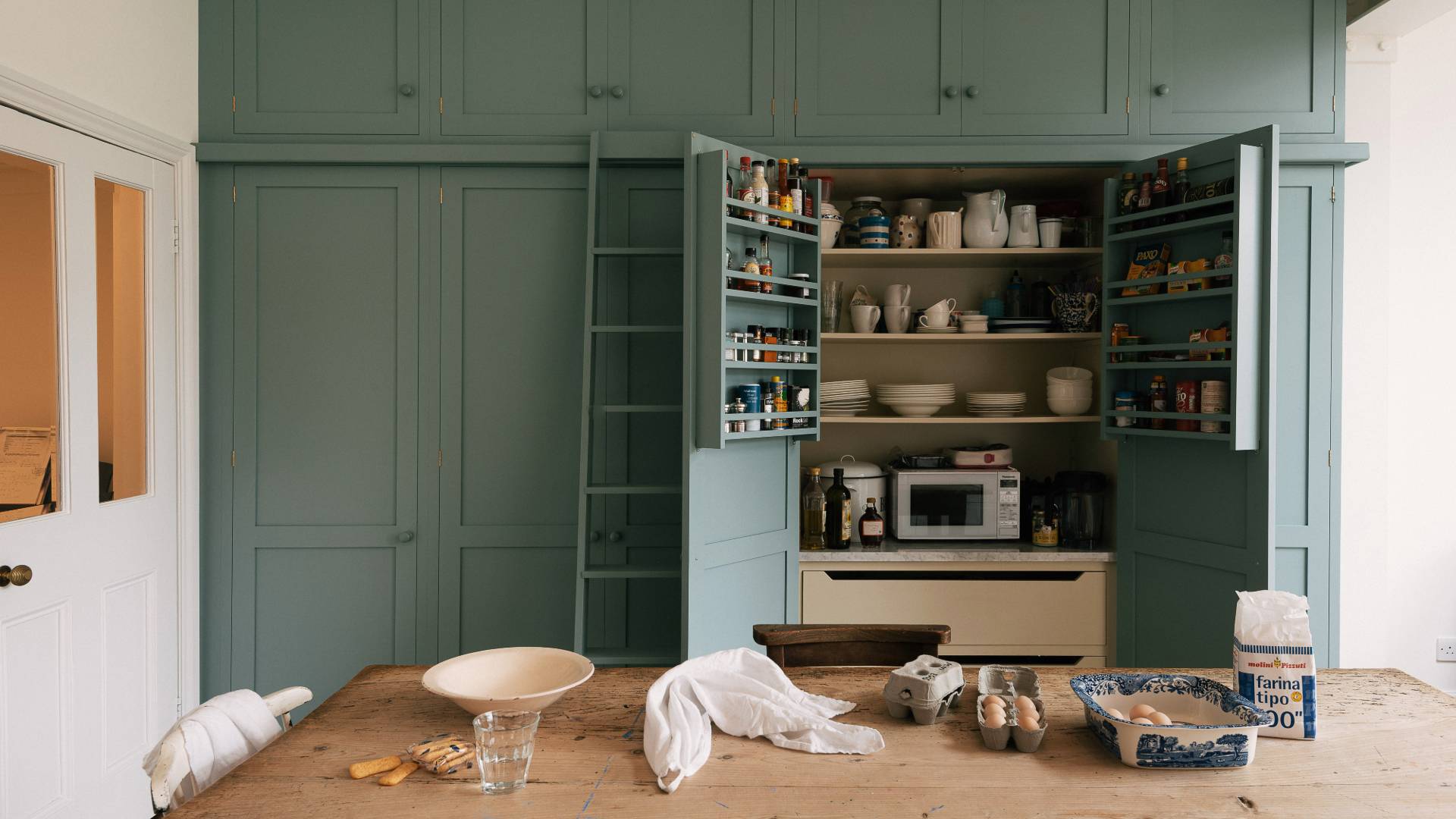 How to Declutter Kitchen Cabinets — 7 Simple Expert Tips to Keep Your Space Streamlined
How to Declutter Kitchen Cabinets — 7 Simple Expert Tips to Keep Your Space StreamlinedThis handy little place Make your kitchen cabinets as streamlined inside as out
By Ciéra Cree
-
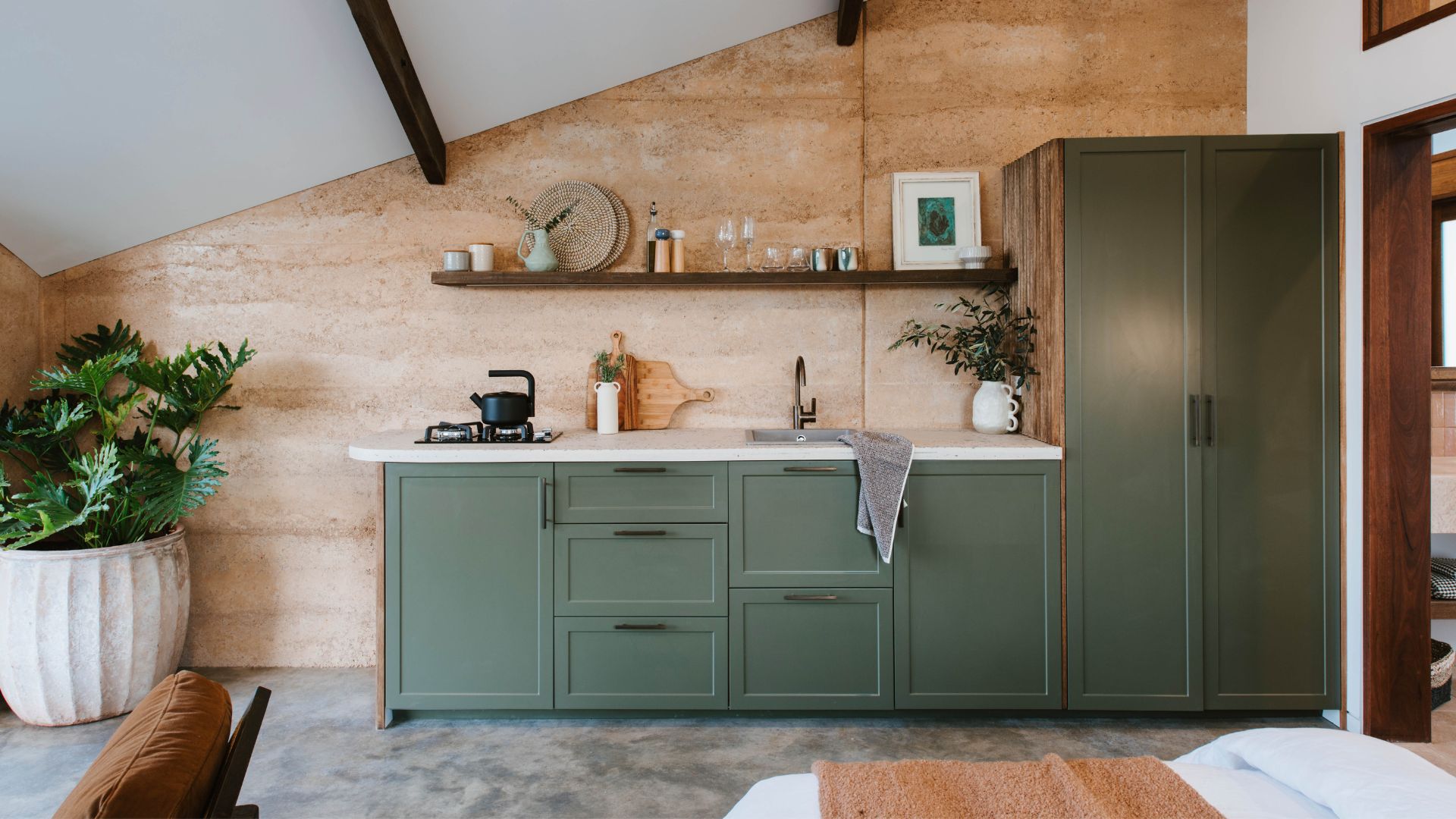 Is Decluttering Worth It? Experts Say Yes — and Highlight Why a Clutter-Free Space Feels So Good
Is Decluttering Worth It? Experts Say Yes — and Highlight Why a Clutter-Free Space Feels So GoodThe power of decluttering extends to both your internal and external environment, they say
By Ciéra Cree
-
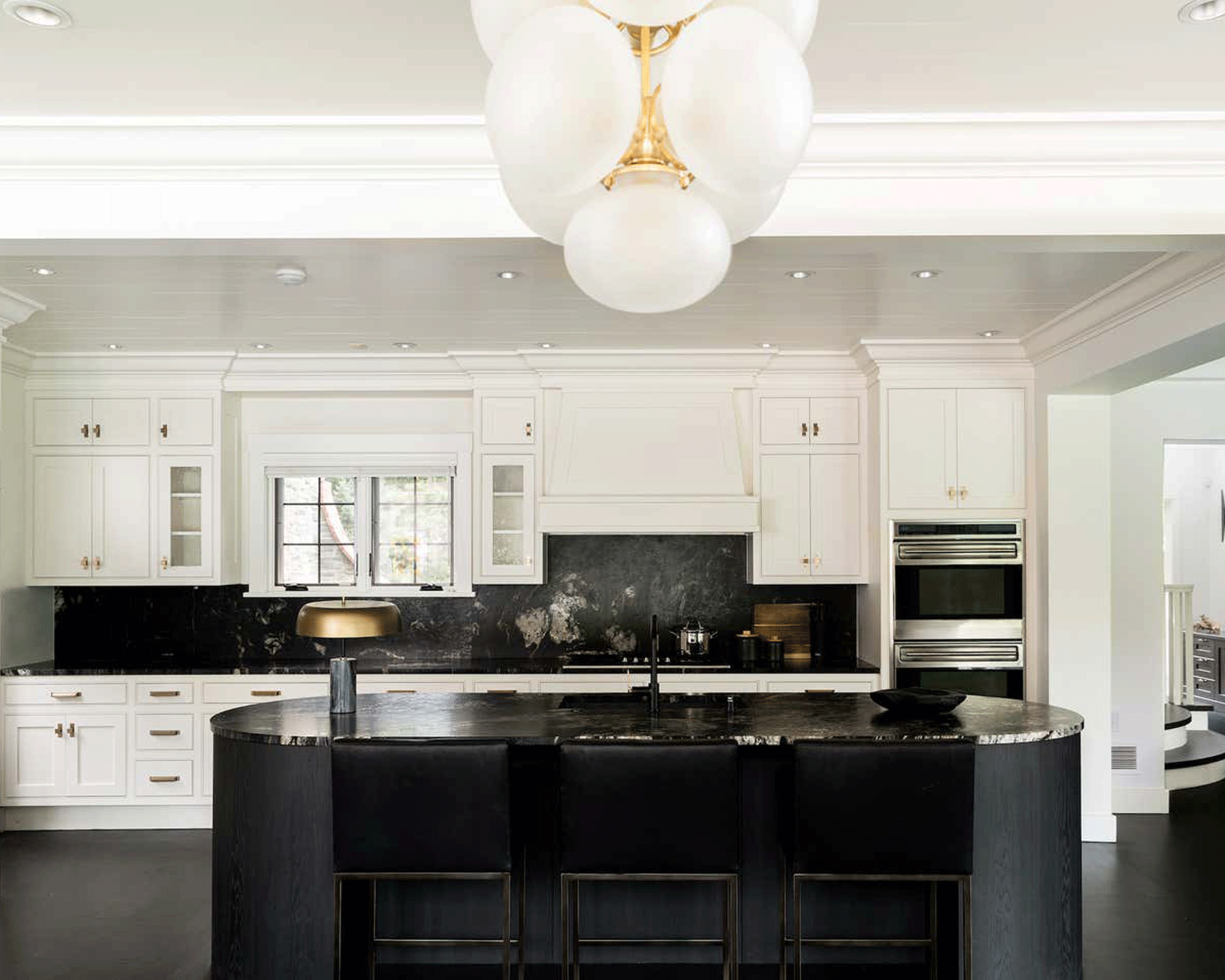 7 Common Kitchen Decluttering Mistakes You're Probably Making — And What You Can Do to Fix Them
7 Common Kitchen Decluttering Mistakes You're Probably Making — And What You Can Do to Fix ThemWishing for a clutter-free space to cook and entertain in? Well, here's what you need to avoid
By Becca Cullum-Green
-
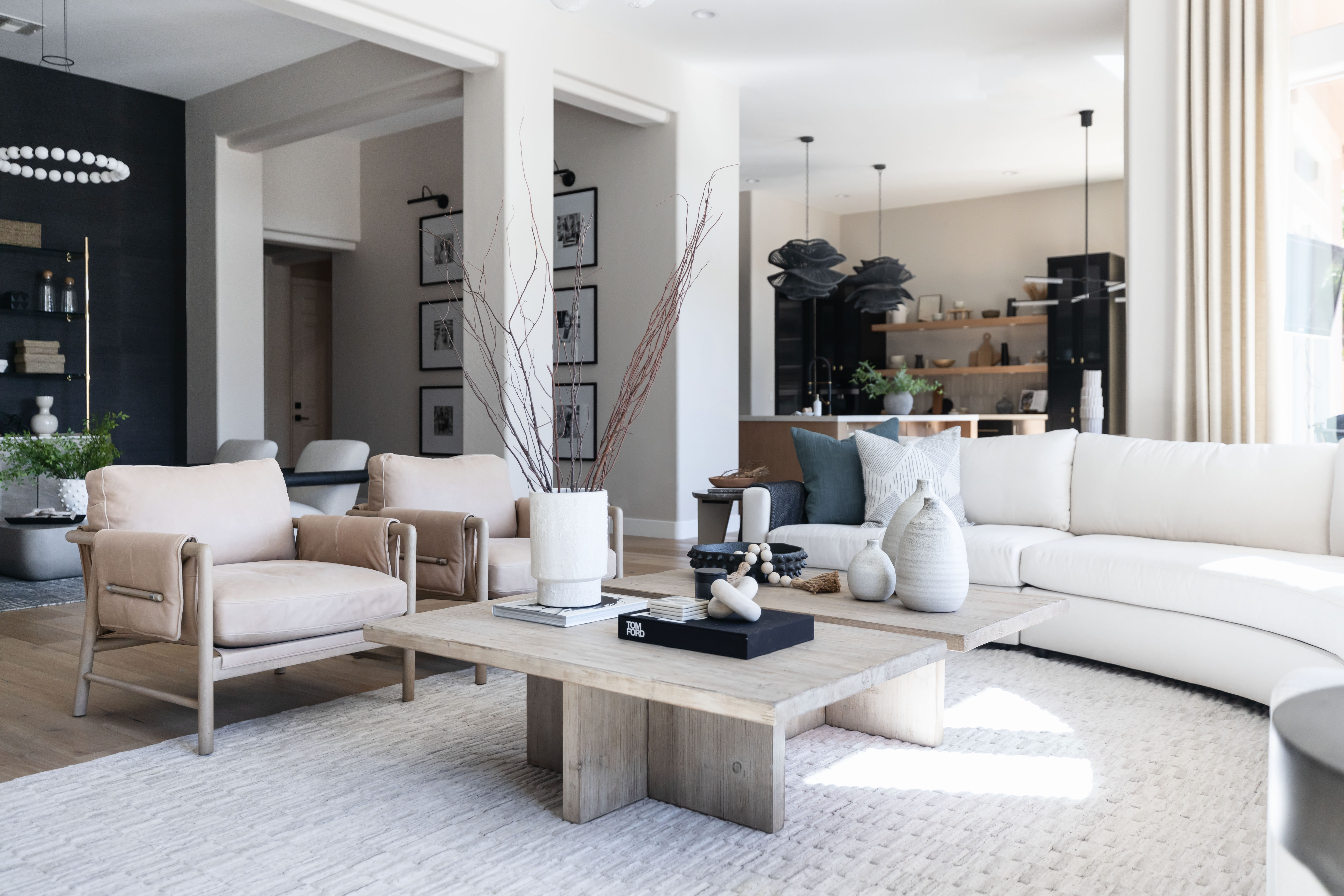 What to Do With Old Stuff When Decluttering — 5 Simple Ways to Cull Clutter
What to Do With Old Stuff When Decluttering — 5 Simple Ways to Cull ClutterFrom donating to recycling, experts discuss what you can do to remove old items from your space
By Becca Cullum-Green
-
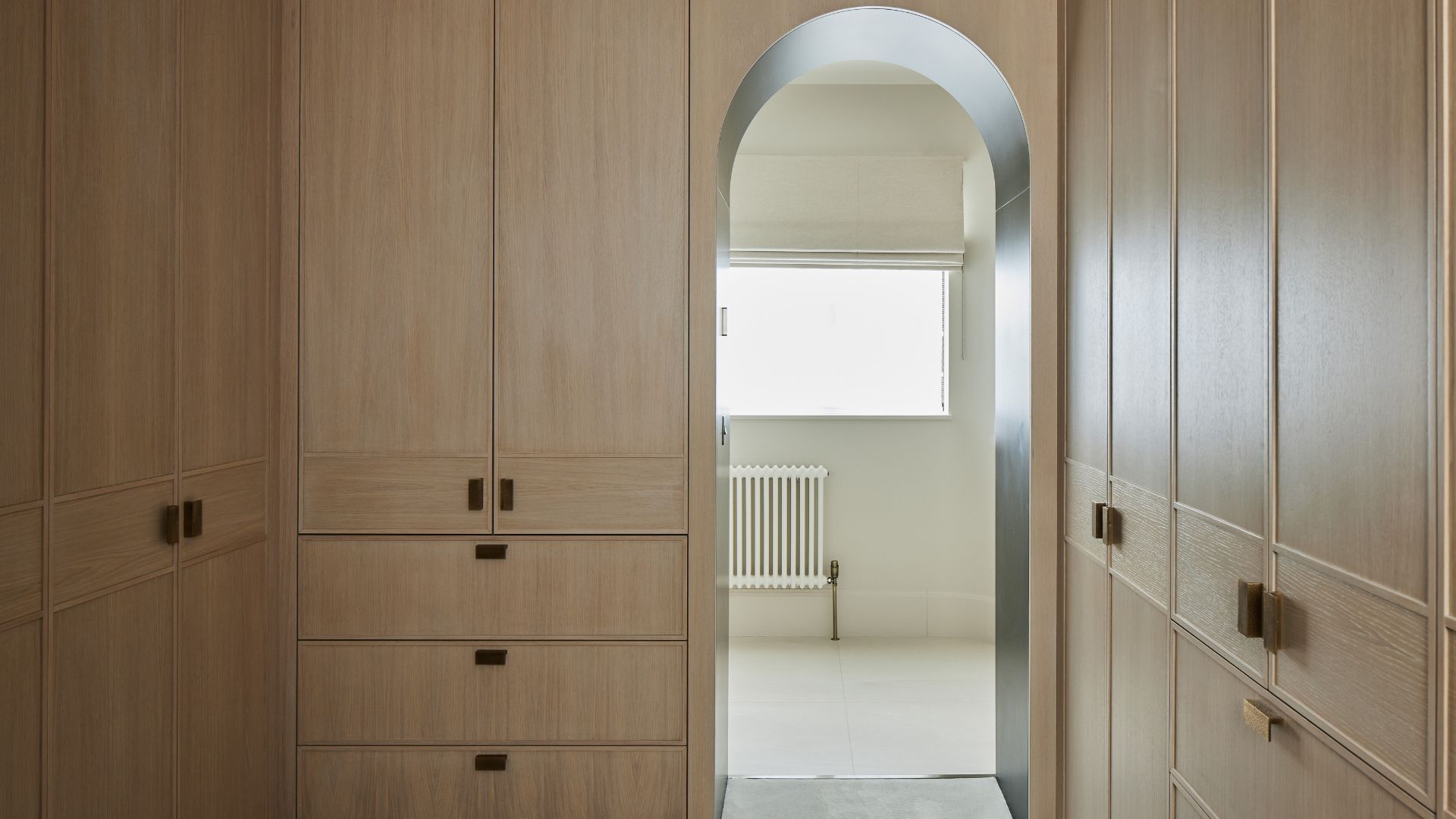 How to Declutter a Closet — Professional Organizers Say There Are 7 Simple Ways to Free Up Space Quickly
How to Declutter a Closet — Professional Organizers Say There Are 7 Simple Ways to Free Up Space QuicklyCreate an area for your clothing and shoes that is easy to access using these smart expert tips
By Ciéra Cree
